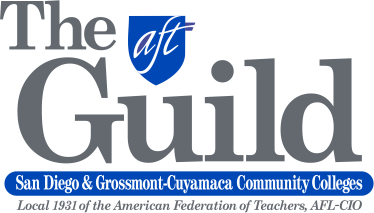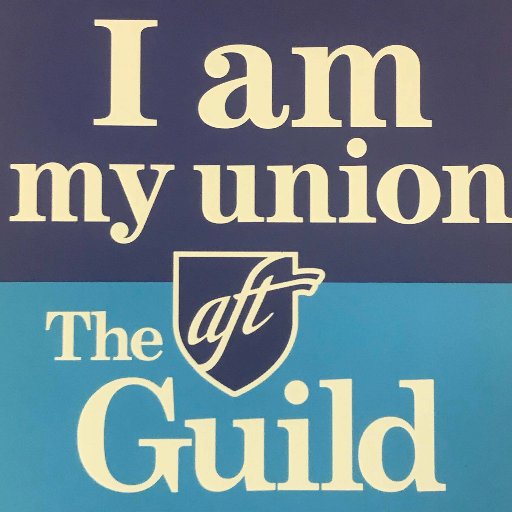This is who we are now: a country where the criminal rich brazenly buy their kids’ ways into elite colleges while the sons and daughters of ordinary Americans scrape and claw to gain admission and then struggle to pay for the skyrocketing costs of higher education. As a recent Public Broadcasting Service story on the college admissions scandal put it:
The multimillion-dollar bribery scheme unveiled by the Justice Department this week has sparked equal parts outrage and incredulity over the astonishing lengths some wealthy parents have gone to get their children into the prestigious universities of their choice.
It’s the largest such scam ever to be prosecuted in U.S. history, ensnaring Hollywood actresses, university coaches, exam administrators and others. In some cases, students’ faces were photoshopped onto athletes’ bodies to create fake profiles to suggest aptitude in sports in which they had no skill or did not play at all. In others, standardized test scores were faked, by proctors or by people who stood-in to take the tests on a student’s behalf.
But, while the actions uncovered in the indictments were blatantly illegal, it’s far from the first-time affluent Americans have used their status to secure seats at some of America’s most elite colleges. In fact, observers of higher education argue this scheme simply reveals existing legal pathways for gaming the college admissions process that the rich have used for years.
It’s no secret to most of us that we live in an era of rising economic inequality, but when it comes to the future of our children, many still like to believe that despite the inequitable economic conditions in the country as a whole, there are still pay offs for students who buckle down, study diligently, and work hard. What the admissions scandal does, is pull the curtain back on the sham of academic meritocracy to reveal that the system is not just rigged against the less privileged but corrupt as well.
It’s one thing to be born on third base and think you hit a triple; it’s completely another to knowingly cheat and still enjoy the party on the yacht of the chairman of your college’s Board of Trustees, as did one of students whose family scammed her way into USC. Like Tom in F. Scott Fitzgerald’s The Great Gatsby, the folks involved in this swindle are the epitome of elite hypocrisy—arrogant, craven, yet still assured of their superiority.
As Nick says of his rich associates toward the end of the novel, “They’re a rotten bunch.”
Almost lost in the midst of the wall-to-wall media frenzy surrounding the admissions scandal was another disturbing story about college students the media almost never talks about—those in our community colleges. More specifically, the San Diego Union Tribune reported:
A survey of 40,000 students at 57 California community colleges found that half were unsure where they would find food at times and 6 percent said they had been homeless in the previous year.
Besides the 6 percent who self-identified as homeless, even more students said they did not have a stable place of their own and instead were sleeping on couches or in other people’s homes.
In all, the report found a full 19 percent of state community college students had experienced homelessness under the definition commonly used by educational institutions.
Digging deeper into the survey done by #Real College, we find, not surprisingly, that there are disparities in basic needs, with black, Latinx, undocumented, gay, and transgender students more likely to experience higher levels of food scarcity or housing insecurity. The same was true for veterans and parents trying to get an education. The survey also reveals that the overwhelming preponderance of struggling students are workers, noting that “the vast majority (84%) of students who experience food insecurity are employed or looking for work. Similarly, the majority of students who experience housing insecurity or homelessness are employed or looking for work. Also, among working students, those who experience basic needs insecurity work more hours than other students.”
Thus, if you are seeking college students who have their noses to the grindstone, look to those like the ones I teach at San Diego City College who are working hard, struggling to stay in school, and facing a wide range of economic and social challenges. Over the decades that I have had the privilege of serving these students, I have seen countless numbers of them fighting against what for many of their more privileged counterparts at universities would be insurmountable obstacles, and yet they’ve still managed to succeed—even if that meant taking several shots at completing a class or a few extra semesters to finish school.
Their grit and persistence continue to inspire me after many years, and when I hear stories like the admission scandal, I am not shocked. And neither are my students. As one of them said when the topic came up in a class discussion recently, “I work in a restaurant in La Jolla and serve all kinds of people who didn’t have to work like I do to get where they are and all I want is to get a fair shot at what got handed to them by their parents. If this kind of stuff keeps going on, the rich getting richer and the rest of us struggling . . . it can’t go on. It shouldn’t.”
He’s right. What our students need is not a hand out; it’s social justice.
Read the Union Tribune opinion piece on the college admissions scandal here: https://www.sandiegouniontribune.com/opinion/commentary/sd-utbg-college-admissions-scandal-students-20190315-story.html
Read the response letter from Jack Flynn, AFT 1931 member at City College here: https://aftguild.org/wp-content/uploads/2019/03/Flynn-UT-Letter-College-Scandal.pdf






0 Comments